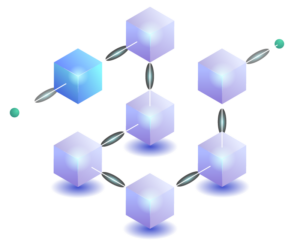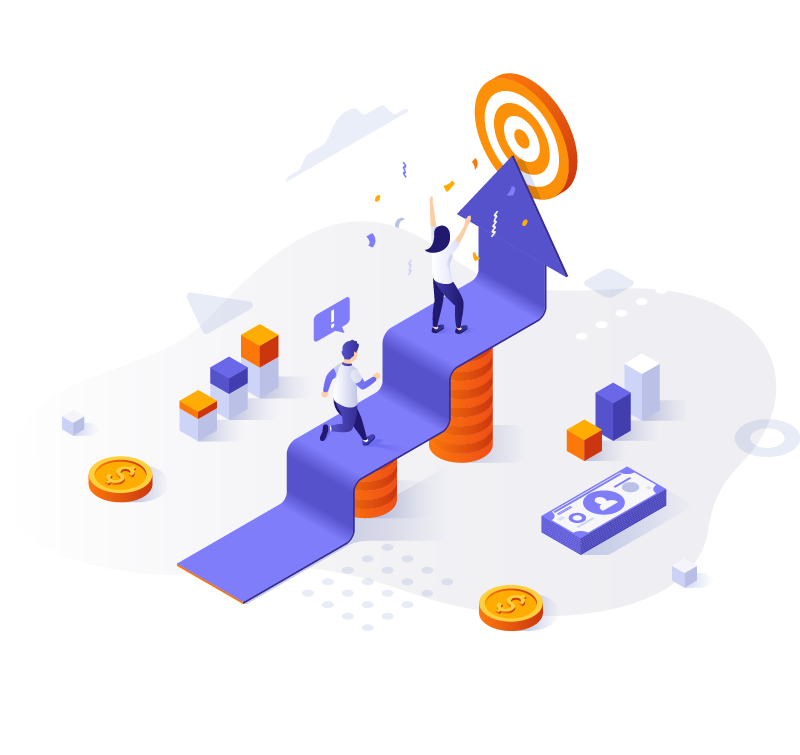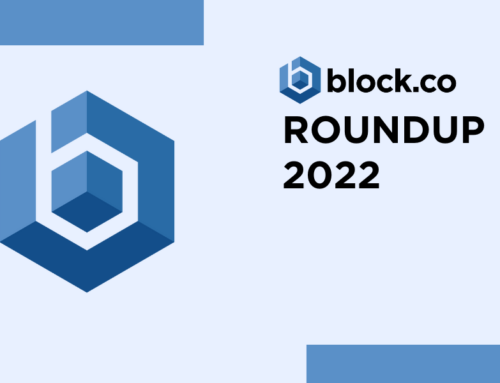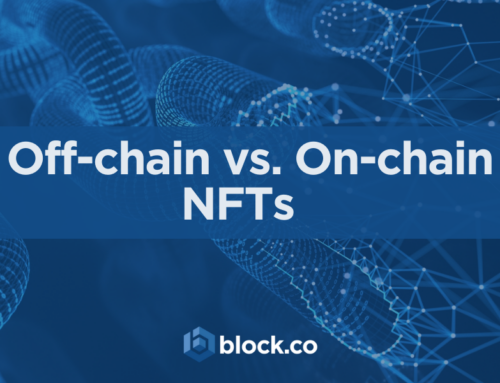NFTs — Beyond the Hype
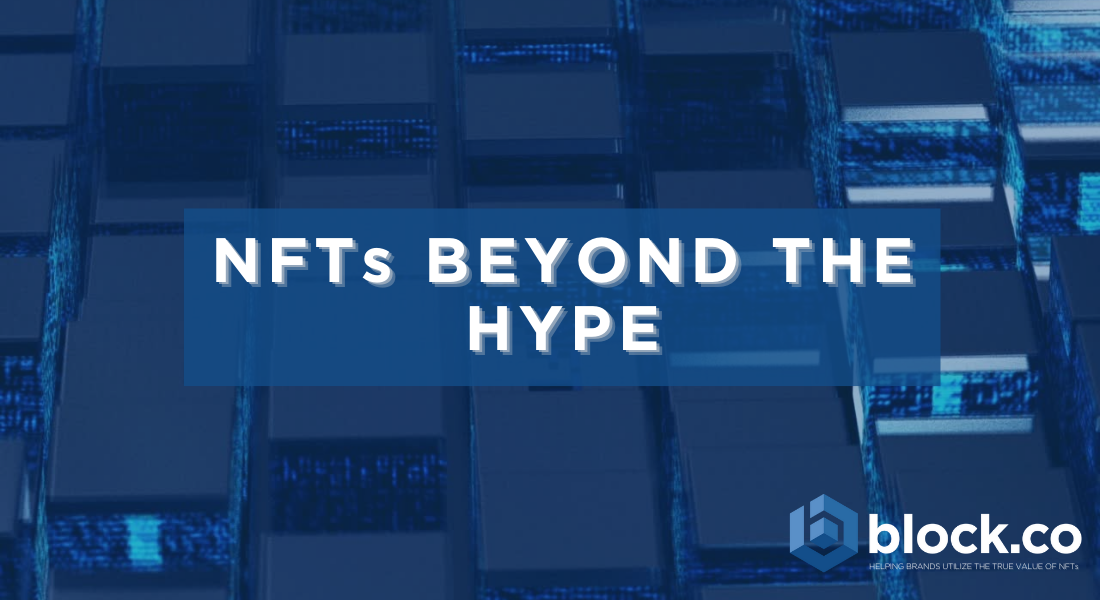
In this article, we will explore NFTs, their use cases and try to demystify their origins and potential. After quadrupling in market size in 2020 to $250M, only to then surge to $2B in Q1 of this year, NFTs have of course piqued the interest of mainstream media. People recently have spent millions of dollars on digital collectibles while this trend shows no signs of slowing down. What are NFTs, why do people buy them for millions, and how can the popularity of Non-Fungible Tokens benefit marketeers?
Investing in art and collectibles has always been popular. Investors often pay millions and sometimes billions of dollars for ownership of something special. Today, a new digital method of buying and selling – NFT, non-interchangeable tokens is in full swing. Experts agree once the hype dies down NFTs will bring real value beyond the budding blockchain economy. Let us explore the nascent hype of Non-Fungible Tokens.
What is an NFT?
Explaining (and understanding) what an NFT is not easy – especially for people from the pre-digital world. The abbreviation NFT means non-fungible token. An NFT is a unique record created and stored mainly on the Ethereum blockchain that corresponds to a specific unit of content. Unlike bitcoins and other cryptocurrencies, NFTs have a unique value. In this way, blockchain technology allows one to own, sell and buy paintings, basketball cards, music, videos, memes, social media posts, or other digital assets that exist exclusively on the network while certifying its originality.
Prominent Examples of NFT pioneers
Twitter founder Jack Dorsey decided to sell the right to the first tweet on the platform and raised $ 2.9 million for charity. The tweet was bought by Oracle CEO Sina Estavi, who equated the event with the purchase of Leonardo da Vinci’s Mona Lisa. What did he pay for? The tweet remained freely available on Jack Dorsey’s Twitter account, and Estavi received a certificate with Dorsey’s digital signature and the original tweet metadata – information about the time of publication and its text content. Elon Musk also joined the trend recently by releasing his own track with the caption: “I’m selling this song about NFTs as an NFT”. In February 2021, the Internet meme Nyan Cat was sold at auction for almost $ 550,000. At the beginning of March, Canadian singer Grimes recently earned almost 6 million on NFT. The video by filmmaker Mike Winkelmann, better known as the Beeple, was resold by a collector for $ 6.6 million. These are just a few well-known sales of NFTs – exclusive and unique cryptocurrencies and many more are on their way.
Which industries widely use NFTs?
Digital art has a fresh start with the development of the concept of blockchain technology, which is the basis of NFT. Special attention to NFT is now paid by collectors who are looking for unique items, famous artists, and art lovers. Digital art objects from paintings and unpublished songs of favorite artists to virtual sneakers and tacos in the form of NFTs are being actively tokenized and sold around the world. Much of the NFT market is also accounted for by the gaming industry. Characters or artifacts are converted into NFTs, and become easier to exchange or sell, while the risk of being deceived is reduced. There are other areas where NFTs can be used to advantage. The prospects for NFTs are seen in digital identification, as storing personal data and records about their owner in a blockchain, increases confidentiality. NFTs can also improve the system of copyright and intellectual property because tokens and their information about the product, its owner, and the history of transactions are stored in blockchain which always is available and reliable.
Block.co NFTs for Marketeers
So, as you have already understood, NFTs are breaking into entire industries and growing in popularity every day in fashion, sports, gaming, and entertainment, the concept of NFTs goes beyond collectibles. Based on this judgment, ultimately everyone who is involved in advertising, communications, branding, or business, in general, will have to understand the NFT trend in the extremely near future. Coca-Cola is already harnessing its history of collectibles with a first NFT as marketers continue experimenting with the intersection of cryptocurrency and culture. Coca-Cola has partnered with Tafi to create its own collection of NFTs. The company presented the collection for International Friendship Day, which is celebrated on July 30th. NFT buyers will have access to the “Friendship Box” (boxes styled like a soda machine), from which random virtual collectibles may be collected. Coca-Cola representatives also promised to reward NFT owners with additional gifts. The company promised to send all proceeds from the sale of NFTs to the sports charity Special Olympics International.
As you plunge into the world of NFTs, you will notice a variety of marketing techniques that can be applied to both the B2C segment and B2B or SaaS. NFTs are starting to integrate into advertising campaigns, contests, and collectible exclusives, creating a buzz around limited edition products. Of particular interest to marketers is the promotion of digital goods, popularization of digital media, access control, and the highest level of data privacy.
NFTs could also act as a great marketing tool for brands, museums, restaurants, or music labels for the building of a buzz in the pre-launch of new products or events. Nike, for instance, had enormous success in creating digital collectibles. In collaboration with RTFKT design studio, Nike raised $3.1 million dollars by creating virtual versions of shoes for online collectors, making their customers feel special once they received a tailor-made digital collectible of a well-known brand. It was a smart move on the part of the company, as it caused a lot of buzz in the global media and social networks, which is always good for business, especially as research shows that 83% of millennials prefer to do business with brands that align with their values & support causes they believe in openly (and genuinely).
The early adopters of the internet were the ones that gained the most. Likewise, companies that join the NFT bandwagon early on, will gain the most from the imminent adoption.
If your brand is ready to take the step into web 3.0 and NFT marketing, to optimize engagement with your audience in innovative ways, then click the button below to get your Free Trial, a limited number of Free NFTs, and a Free Consultation call from our team!
If you want to know more about NFTs and how we help marketers grab the NFT opportunity, contact Block.co directly or email at enquiries@block.co.
Block.co – NFTs are forever!
Tel +357 70007828
Get the latest from Block.co, like and follow us on social media:


